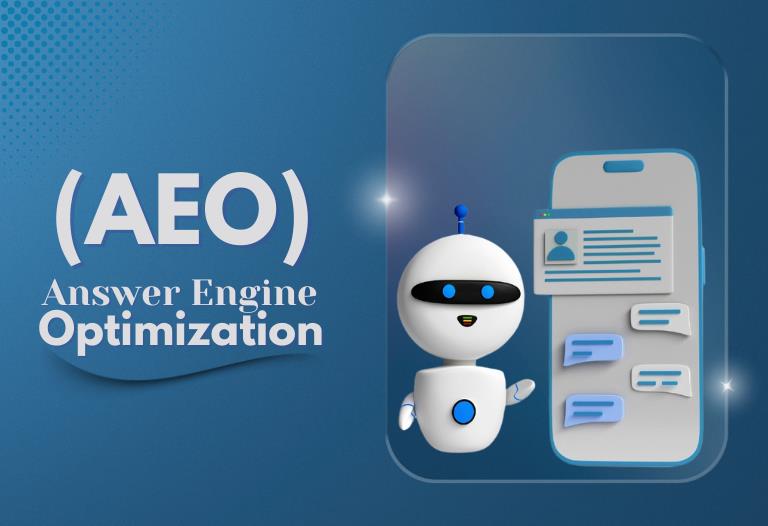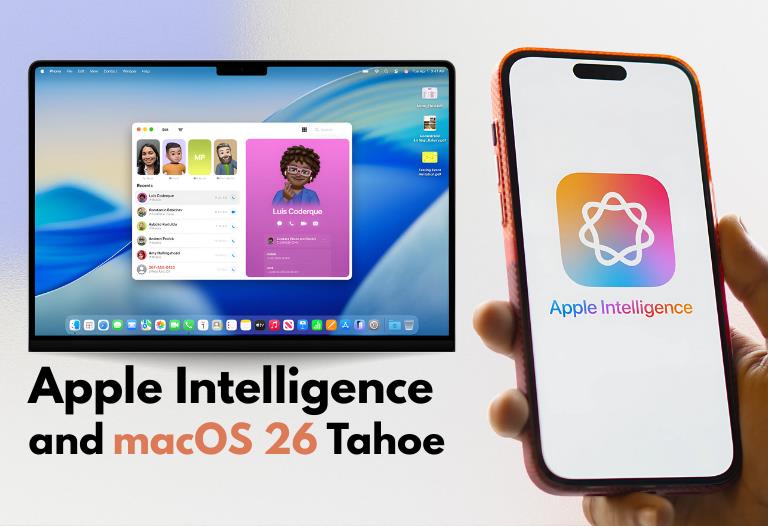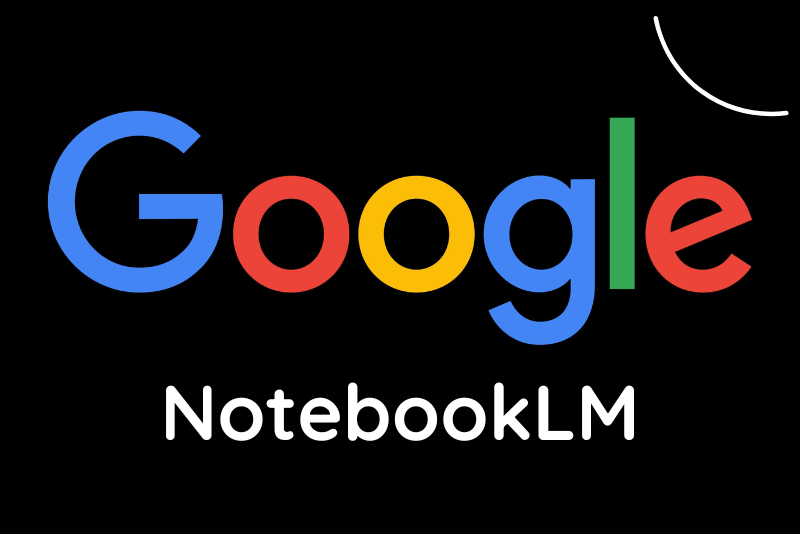
It is not just you; Google Search is becoming worse. Recent research from Leipzig University, Bauhaus-University Weimar, and the Centre for Scalable Data Analytics and Artificial Intelligence examined Google search quality over a year and discovered that the firm is losing the struggle against SEO (Search Engine Optimisation) spam.
The study, initially discovered by 404media, “monitored Google, Bing, and DuckDuckGo for a year on 7,392 product review queries,” using search terms such as “best headphones” to analyze search results. The researchers focused on product review inquiries because they believed they were “particularly vulnerable to affiliate marketing due to the inherent conflict of interest between users, search providers, and content providers.”
In all, the study revealed that “the majority of high-ranking product reviews in the result pages of commercial search engines (SERPs) use affiliate marketing, and significant amounts are outright SEO product review spam.”
Affiliate Marketing Influence
Search engines occasionally update their ranking algorithms to combat spam, but the study found that “search engines seem to lose the cat-and-mouse game that is SEO spam” and that there are “strong correlations between search engine rankings and affiliate marketing, as well as a trend towards simplified, repetitive, and potentially AI-generated content.”
According to the studies, there is “an inverse relationship between a page’s optimisation level and its perceived expertise, indicating that SEO may hurt at least subjective page quality.” Google and its treatment of pages is the driving force behind what counts as SEO, and claiming that Google’s standards limit subjective page quality is a direct attack on Google’s ranking system.
Advertisement
The bad news is that it does not appear that this situation will improve very soon. The report mentions generative AI sites one or two times, but just within the last year.
The elephant in the room is that generative AI is becoming capable of entirely automating SEO spam activities. Some AI content factories can scan a human-written site, utilize it as “training data,” slightly alter it, and then deter genuine people with more aggressive SEO strategies. People are already bragging about doing AI-powered “SEO heists” on X (previously Twitter).
The New York Times is suing OpenAI for copyright infringement, while a class-action lawsuit filed by book publishers describes ChatGPT and LLaMA (Large Language Model Meta AI) as “industrial-strength plagiarists.” Artists are in the same boat with tools like Midjourney and Stable Diffusion. Most websites lack the legal ability to handle an unlimited wave of automated spam sites provided by these techniques. Google does not penalize AI-generated material in its search results.
A Google spokesman replied to the survey by stating that Google is still outperforming its competitors:
“This study focused just on product review material, and it does not reflect the overall quality and usefulness of Search for the billions of searches we see every day. We have introduced specific enhancements to address these concerns, and the report itself shows that Google has improved over the last year and is outperforming rival search engines. More generally, multiple third parties have analysed search engine results for different sorts of inquiries and discovered Google to be much higher quality than the competition.”




 January 24, 2024
January 24, 2024









